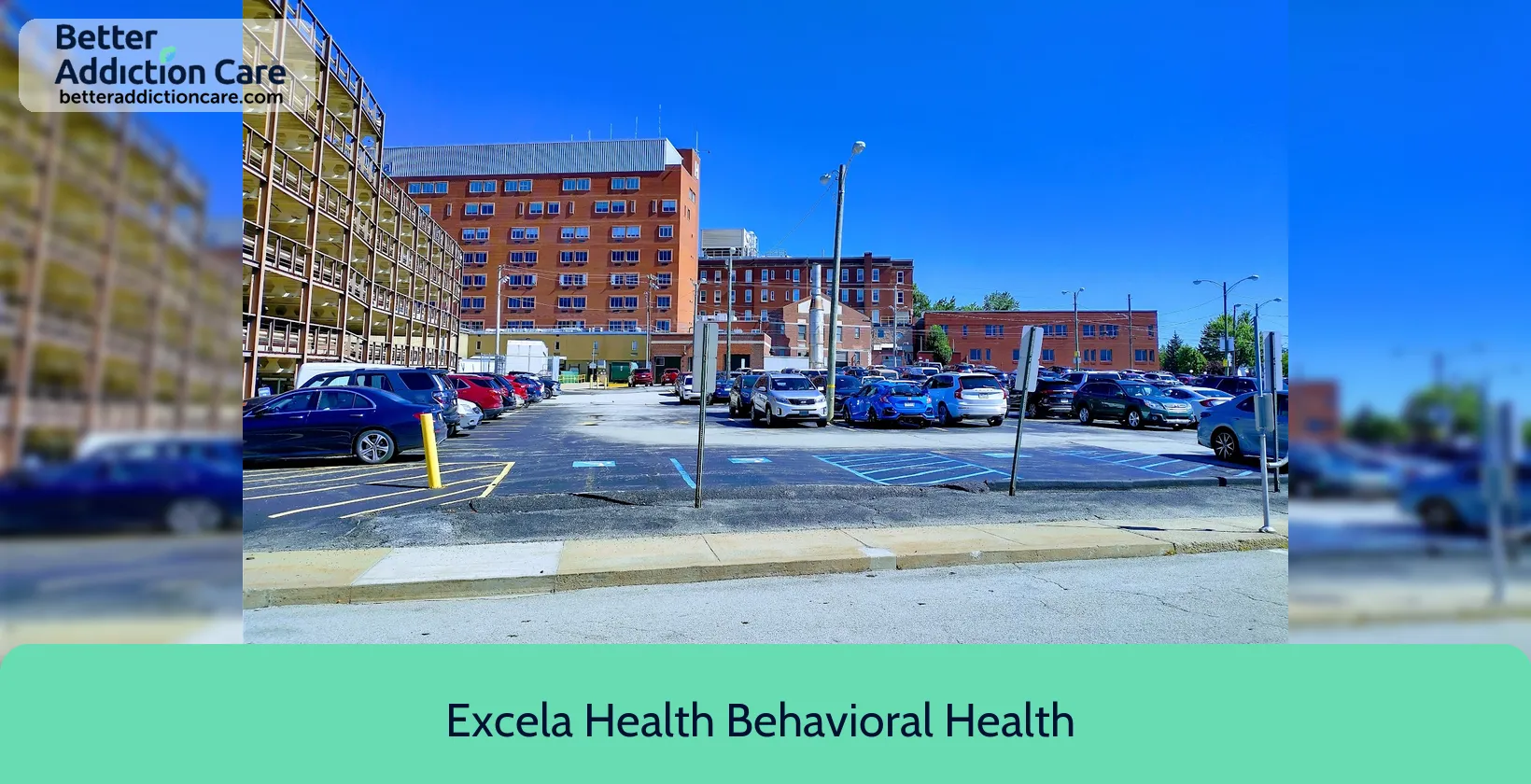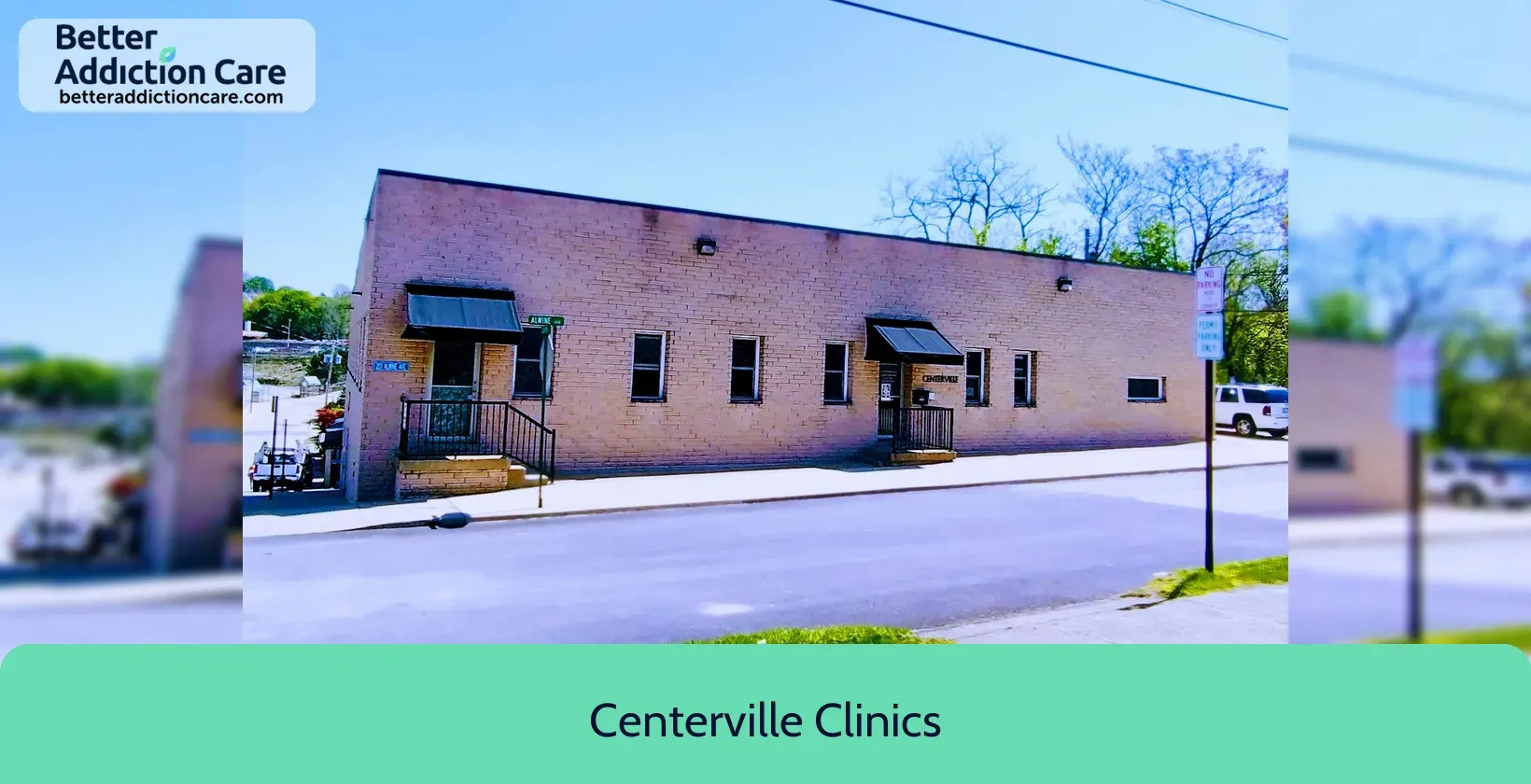Allied Addiction Recovery

Overview
Allied Addiction Recovery is an substance abuse treatment center that provides outpatient detoxification, for men and women between 18 and 65+ years of age. As part of their special programs, Allied Addiction Recovery treats criminal justice (other than dui/dwi)/forensic clients and clients who have experienced trauma. To help patients achieve sobriety, Allied Addiction Recovery provides treats opioids detoxification and medication routinely used during detoxification.. Afterward, patients receive group counseling, individual psychotherapy, and non 12-step during treatment. Allied Addiction Recovery is located in Greensburg, Pennsylvania, providing treatment for people in Westmoreland County, accepting medicaid, private health insurance, and cash or self-payment.
Allied Addiction Recovery at a Glance
Payment Options
- Medicaid
- Private health insurance
- Cash or self-payment
- Federal military insurance (e.g., TRICARE)
- State-financed health insurance plan other than Medicaid
Assessments
- Comprehensive mental health assessment
- Comprehensive substance use assessment
- Screening for tobacco use
- Interim services for clients
- Outreach to persons in the community
Age Groups
- Adults
- Young adults
- Seniors
Ancillary Services
- Suicide prevention services
- Mental health services
Highlights About Allied Addiction Recovery
7.80/10
With an overall rating of 7.80/10, this facility has following balanced range of services. Alcohol Rehabilitation: 8.09/10, Drug Rehab and Detox: 8.77/10, Insurance and Payments: 6.40/10, Treatment Options: 7.94/10.-
Drug Rehab and Detox 8.77
-
Alcohol Rehabilitation 8.09
-
Treatment Options 7.94
-
Insurance and Payments 6.40
Treatment At Allied Addiction Recovery
Treatment Conditions
- Mental health treatment
- Alcoholism
- Opioid Addiction
- Substance use treatment
- Co-occurring Disorders
Care Levels
- Partial Hospitalization Program
- Intensive outpatient treatment
- Detoxification
- Outpatient
- Outpatient detoxification
Treatment Modalities
- Group counseling
- Individual psychotherapy
- Non 12-Step
- Cognitive behavioral therapy
- Telemedicine/telehealth therapy
Ancillary Services
Additional Services
- Pharmacotherapies administered during treatment
- Mentoring/peer support
- Breathalyzer or blood alcohol testing
Special Programs
- Criminal justice (other than DUI/DWI)/Forensic clients
- Clients who have experienced trauma
Get Help Now
Common Questions About Allied Addiction Recovery
Contact Information
Other Facilities in Greensburg

7.50

6.88

7.37

6.50

7.73

6.85

6.71

6.72
DISCLAIMER: The facility name, logo and brand are the property and registered trademarks of Centerville Clinics, and are being used for identification and informational purposes only. Use of these names, logos and brands shall not imply endorsement. BetterAddictionCare.com is not affiliated with or sponsored by Centerville Clinics.
